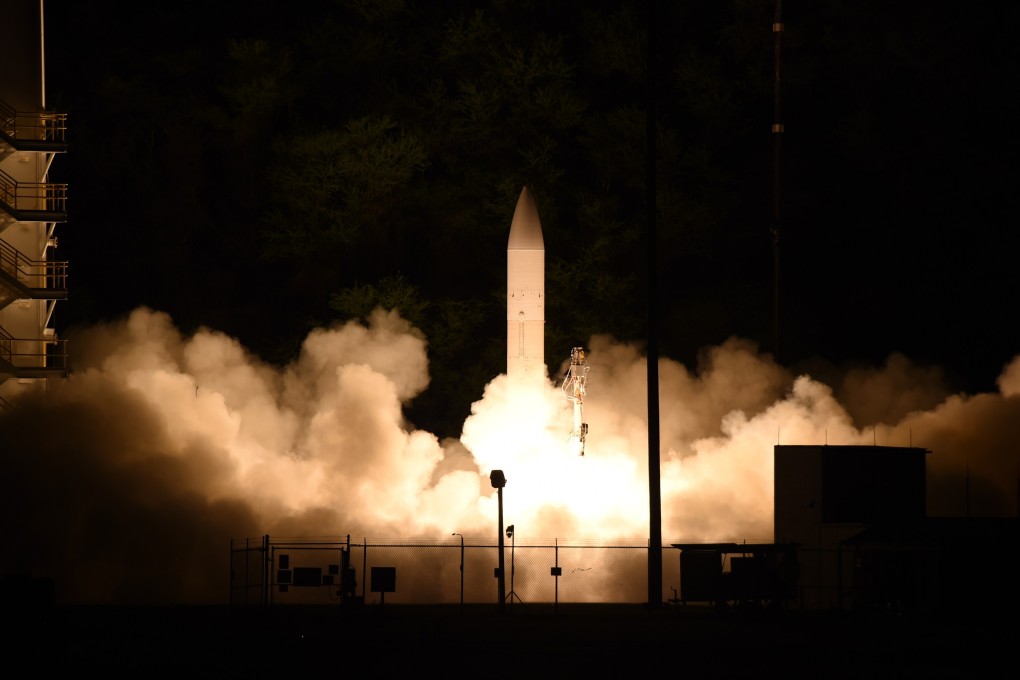Editorial | Fast route to a more dangerous world
- China and Russia are clearly in the sights of the Aukus pact with its pledge to cooperate on weapons, including hypersonic missiles

One of the arguments for a peaceful resolution of international disputes is that armed conflict provides a febrile climate for arms races between nations that are not directly involved in the fighting, which can fuel conflict in other parts of the world. A case in point is the Ukraine crisis.
It has proved a convenient backdrop for the newly forged Aukus defence alliance of Australia, the United Kingdom and the United States to openly cooperate on weapons development, including hypersonic missiles, countermeasures and electronic warfare capabilities.
This was announced in a joint statement by President Joe Biden and prime ministers Boris Johnson and Scott Morrison. They dressed it up “in light of Russia’s … invasion of Ukraine … [and] our unwavering commitment to [respect for] human rights, the rule of law, and the peaceful resolution of disputes free from coercion”.
China and Russia are clearly in their sights, China having tested a hypersonic weapon recently and Russia having claimed to be using them in the war in Ukraine. All three have looked to push forward the development of missiles that can travel at more than five times the speed of sound and are highly manoeuvrable, which make them hard to detect and even harder to intercept.
Last year, the Pentagon said a Chinese hypersonic missile had circled the planet. Beijing said its test was not of a hypersonic missile, but part of a “routine spacecraft experiment”.

